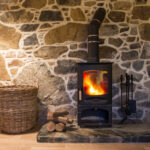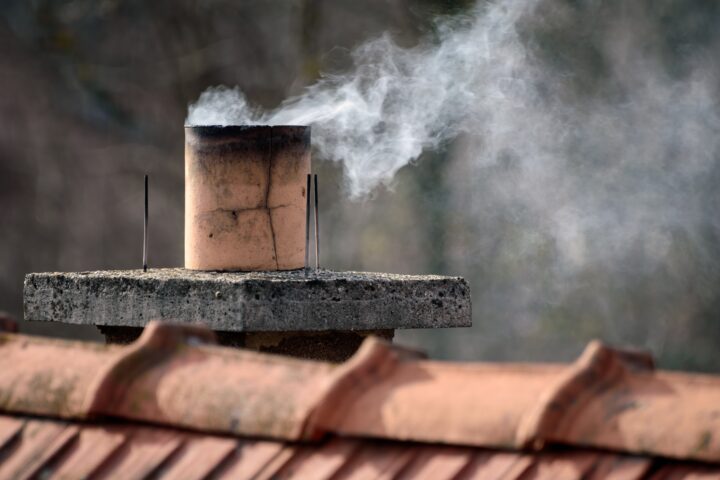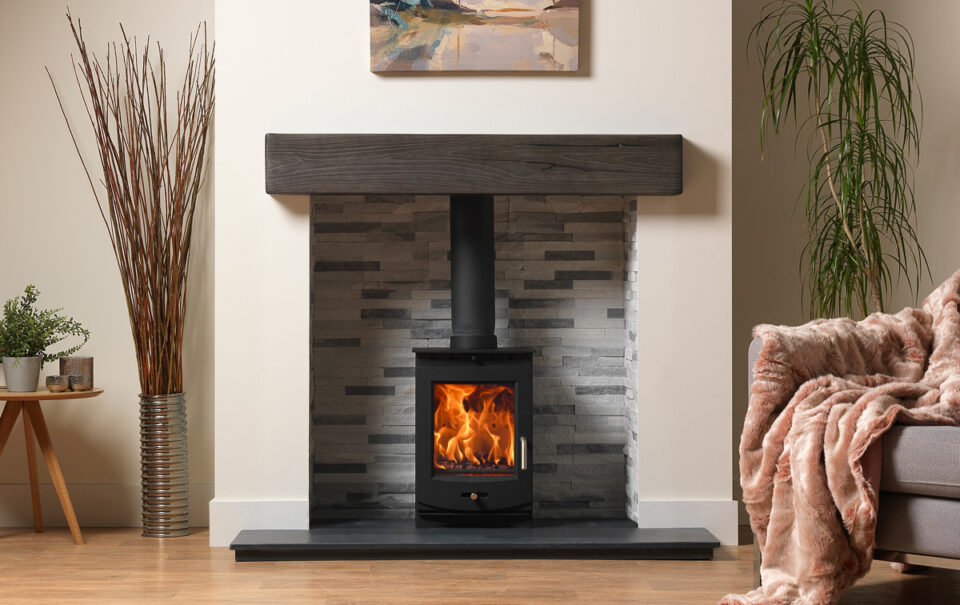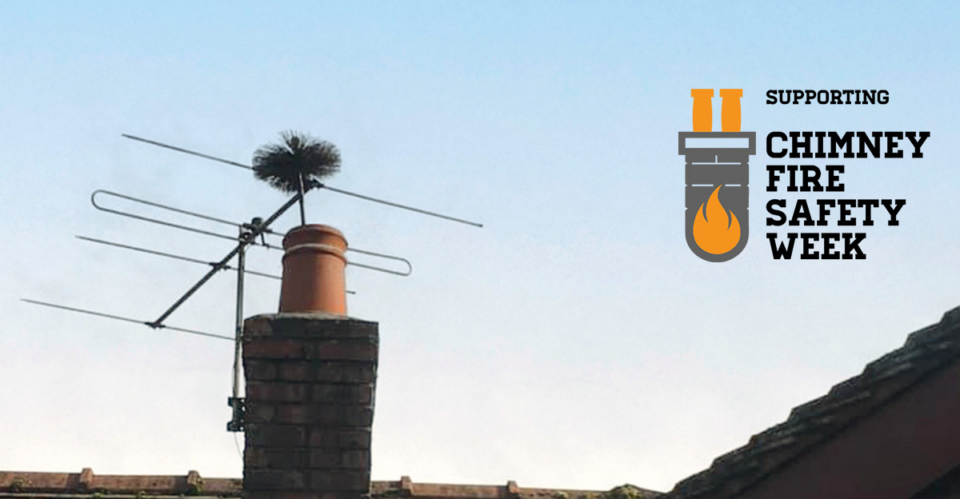
Burn better: A few small changes, can make a massive difference!
January 18, 2023
The benefits of a Twin Wall Insulated Flue System
February 23, 2023Fire and Rescue services are advising people to take extra care after a spate of fires involving chimneys and wood burning stoves. People with wood burning stoves, which are growing in popularity due to the spiralling cost of gas and electricity, are reminded to get them correctly installed and regularly maintained. HETAS, the Heating Equipment Testing and Approvals Scheme, provides details of chimney sweeps at hetas.co.uk/consumer/services/chimney-sweeps.
Sweeping your chimney at least once a year and using a quality-assured fuel is the key to prevention. Not only does this remove soot and tar deposits but also gives chimney sweeps the opportunity to check for any problems with the chimney or liner. A typical sweep only takes about 90 minutes and doesn’t make a mess. Professional chimney sweeps use modern methods and tools such as power-sweeping, CCTV and vacuums to ensure minimal disturbance for the homeowner. Customers don’t need to move all of their furniture out of the room. So, if your chimney is overdue for a sweep, now is the time to get it done and not add to the list of chimney fires.
Check out these top tips to keep safe from chimney fires:
• Have your chimney swept regularly by a Certified Sweep
• Keep chimneys, flues and appliances clean and well maintained
• Don’t store wood too close to the fire. Don’t keep the logs on top of the stove or right next to it on the hearth
• Chimneys that have been lined still require regular sweeping
• Never interrupt the air supply by blocking air vents or air bricks
• Avoid ‘slumbering’ an appliance – unless it has been tested as safe to do so (‘Slumber mode’ is setting an appliance at a low or minimum output normally for overnight burning to be revived next day without having to relight it)
• Be careful when using open fires to keep warm, make sure you always use a fire guard to protect against flying sparks from hot embers
• Ensure the fire is extinguished before going to bed or leaving the house
• A fire plan can also ensure your family escape in a fire
• Have at least one smoke alarm on every level of your home and test them weekly
• Have a carbon monoxide alarm in all rooms with fuel burning heating





